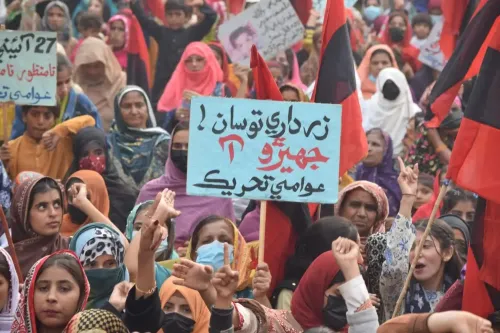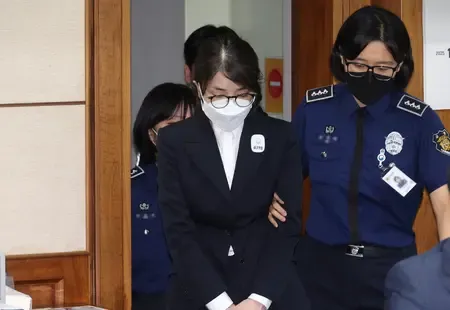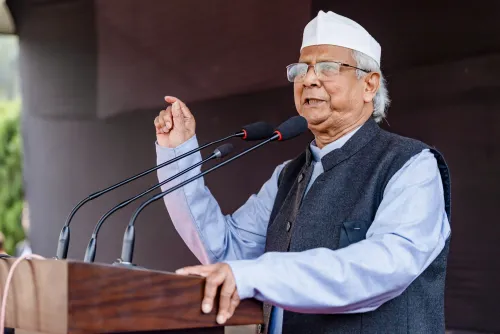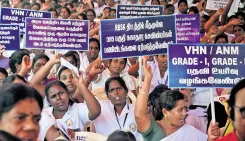Why is the WHO Alarmed by Rising HIV Cases in the Philippines, Fiji, and Papua New Guinea?
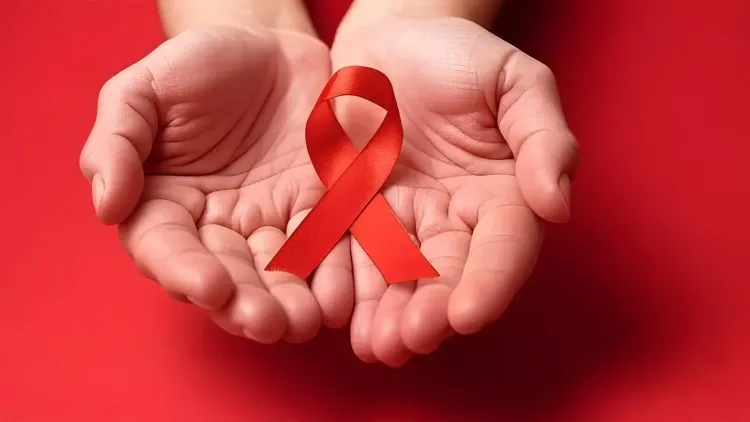
Synopsis
Key Takeaways
- Significant rise in HIV cases in the Philippines, Fiji, and Papua New Guinea.
- Urgent need for targeted prevention strategies.
- High new infection rates among marginalised populations.
- Importance of addressing stigma and discrimination.
- Countries like Australia and Vietnam are taking proactive measures.
Manila, Oct 24 (NationPress) The World Health Organisation (WHO) has issued a warning regarding the significant rise in Human Immunodeficiency Virus (HIV) cases in the Philippines, Fiji, and Papua New Guinea, raising concerns about national and regional security.
During a meeting in Fiji on Wednesday, attended by health ministers from 38 countries in the Western Pacific Region, as well as civil society and development partners, the WHO and UNAIDS Asia-Pacific convened to address the escalating HIV crisis and explore methods to enhance HIV prevention.
In Fiji, the meeting revealed that new infections have surged tenfold over the last decade, with a dramatic spike in 2024. The increase is attributed to injectable drug use, which poses a risk of infections spreading to other Pacific island nations.
From 2010 to 2024, new infections in the Philippines have risen approximately sixfold, primarily affecting gay and bisexual men.
This past June, the government of Papua New Guinea declared HIV a national crisis due to rising cases among women of reproductive age and children.
The WHO highlighted that gaps in prevention and responses in these regions have been exacerbated by late diagnoses and inadequate treatment access. “HIV is not 'over,'” stated Saia Ma’u Piukala, WHO Regional Director for the Western Pacific, emphasizing the urgent need for strategic and tailored approaches to prevention, testing, and treatment for specific outbreaks and affected populations.
“After more than 40 years in the fight against HIV, we understand what must be done,” he added. “Now is the moment to act—swiftly and collaboratively. Complacency is not an option; there is no time to lose,” Piukala urged.
Eamonn Murphy, regional director of UNAIDS for Asia-Pacific, Eastern Europe, and Central Asia, reiterated the urgency for a more effective response to the crisis.
“Investing in HIV services for marginalized populations ultimately benefits the entire community’s health,” Murphy stated, calling for political will and shared responsibility to direct resources toward effective interventions for the right people in appropriate locations.
Additionally, discussions must address the rights of all individuals to health, dignity, and a life free from stigma and discrimination.
The meeting commended Australia, Cambodia, Malaysia, New Zealand, and Vietnam for implementing urgent measures, including declaring public health emergencies and launching new strategies to combat the spread of HIV.
These nations have shown that effective results can be achieved when HIV programs integrate evidence-based prevention methods with universal access to antiretroviral treatment.
The meeting concluded with a call to prioritize HIV on national agendas through increased political commitment, expanded harm reduction for drug users, early diagnosis and treatment within primary health care, and funding responses under universal health coverage. Addressing stigma and discrimination remains crucial to improving testing access, essential services, and treatment adherence.


